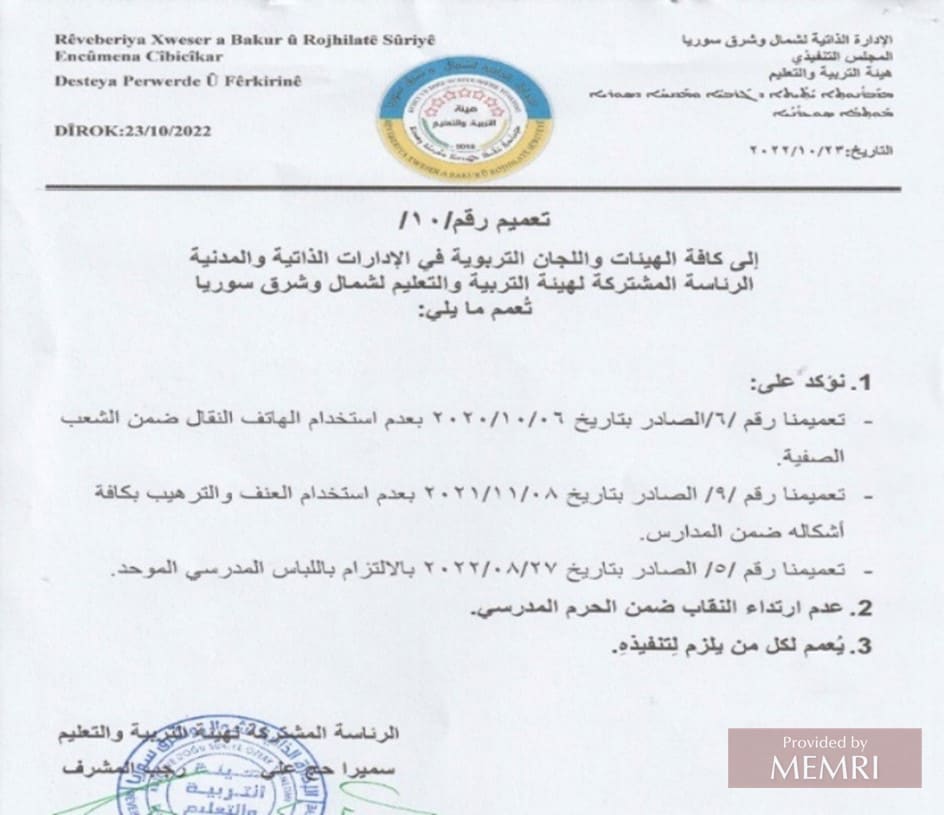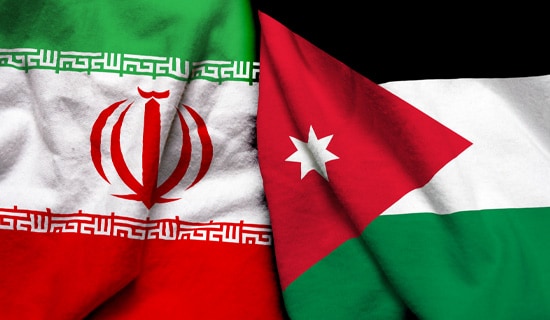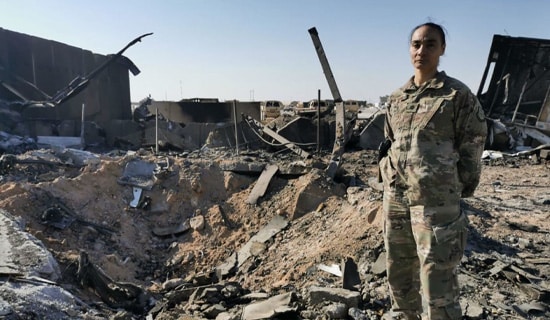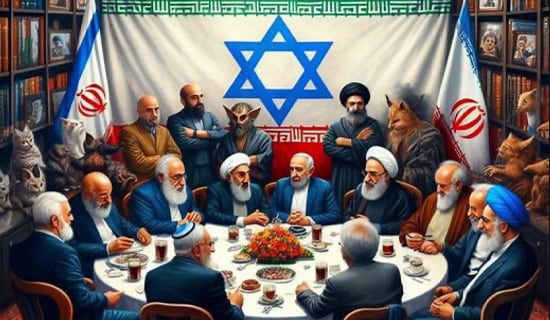On October 23, 2022, the Kurdish Autonomous Administration in northeastern Syria, which controls parts of the Hasakah, Deir Al-Zour, Al-Raqqah and Aleppo governorates, issued a memo to all the education committees in the areas under its control specifying a dress code and other guidelines for the local schools. In addition to banning cellphones in the classroom and mandating school uniforms, the memo bans wearing the niqab (a veil that covers the entire face, except for the eyes) on campus.[1]

The memo of the Kurdish Autonomous Administration
The decision sparked angry responses from Arabs in the areas under the Autonomous Administration's control, especially in the Deir Al-Zour governorate, most of whose residents are conservative Arabs. Demonstrations were held in various parts of the governorate for several days, at which the protesters, including niqab-wearing women, demanded to revoke the ban because it "contravenes the principles of Islam."[2]
Furious Responses On Social Media: This Is An Act Of Open Hostility Towards Muslim Teachers
Opposition to the decision was also expressed on social media. For example, Facebook user Samer Jabbouri, from the Hasakah area, wrote: "The Kurds of the Qandil [Mountains][3] banned the niqab in schools today. This is the first step, and if it is implemented the next step will be to extend the ban to other professions [in addition to teachers], and the third step will be to ban it altogether in northeastern Syria. This gang wants to extinguish the light of Allah in the public sphere…"[4]
User Abu As'ad 'Aloush posted the following on the Facebook account of "The Teachers Assembly of the Autonomous Administration in Northeastern Syria": "The decision… to ban the niqab in schools is evidence of:
"1. A lack of respect for Muslims, because the hijab and the niqab are among the fundamental principles of the Islamic religion.
"2. This decision will spark further rage among the Muslims of northeastern Syria against the [Autonomous Administration's] Education and Teaching Committee.
SUPPORT OUR WORK

"3. The decision… is an open declaration of war and a flagrant attack on the modesty of the Muslim women teachers in the schools of northeastern Syria…
"4. This decision usurps a woman's freedom to wear what she likes, according to her religious and social [affiliation]."[5]

Women in niqab protest against the ban (Facebook.com/euphrateseyenetwork, October 24, 2022; enabbaladi.net, October 25, 2022)
Official At Autonomous Administration's Education Department: The Decision Was Motivated By Security Considerations
Mas'oud Salah, an official in the Autonomous Administration's education department, said that the decision to ban the niqab in schools was motivated by security considerations, not by opposition to Islam or local custom. "Any suicide bomber affiliated with the Islamic State [IS]," he explained, "can wear the niqab and then carry out a suicide operation. We are not against the students’ and teachers’ dress choices. But IS could easily exploit school meetings to carry out suicide operations."[6]
It should be noted that this is not the first time there has been tension between the Autonomous Administration and the Muslim Arabs in the areas it controls, especially over women's issues. This is mainly because the Democratic Union party (PYD), the dominant faction within the administration, bills itself as believing in pluralism and gender equality.[7] In July 2020, for example, there were protests after the administration introduced a new curriculum which presented traditional marriage frameworks as oppressing women and incompatible with gender equality. This content was perceived as an attempt to undermine the Arab and Muslim culture of the local society.[8]
Similar claims were also heard in September 2022 after the administration introduced study materials on the Christian and Yazidi faiths, to which some Kurds subscribe. The intense opposition prompted the administration to shelve these materials.[9]
[1] Facebook.com/aanes.official, October 23, 2022.
[2] Enabbaladi.net, October 25, 2022.
[3] The reference is to the PKK, which is based in the Qandil Mountains in northern Iraq, and with which the Kurdish Autonomous Administration is affiliated.
[4] Facebook.com/groups/1948980882156888/user/100079969451029, October 26, 2022.
[5] Facebook.com/groups/1003881017026134, October 23, 2022.
[6] Al-monitor.com, October 31, 2022.
[7] Jusoor.co, March 8, 2017.
[8] Syria.tv, July 14, 2022; twitter.com/aabnour, July 15, 2022.
[9] Enabbaladi.net, October 2, 2022.




